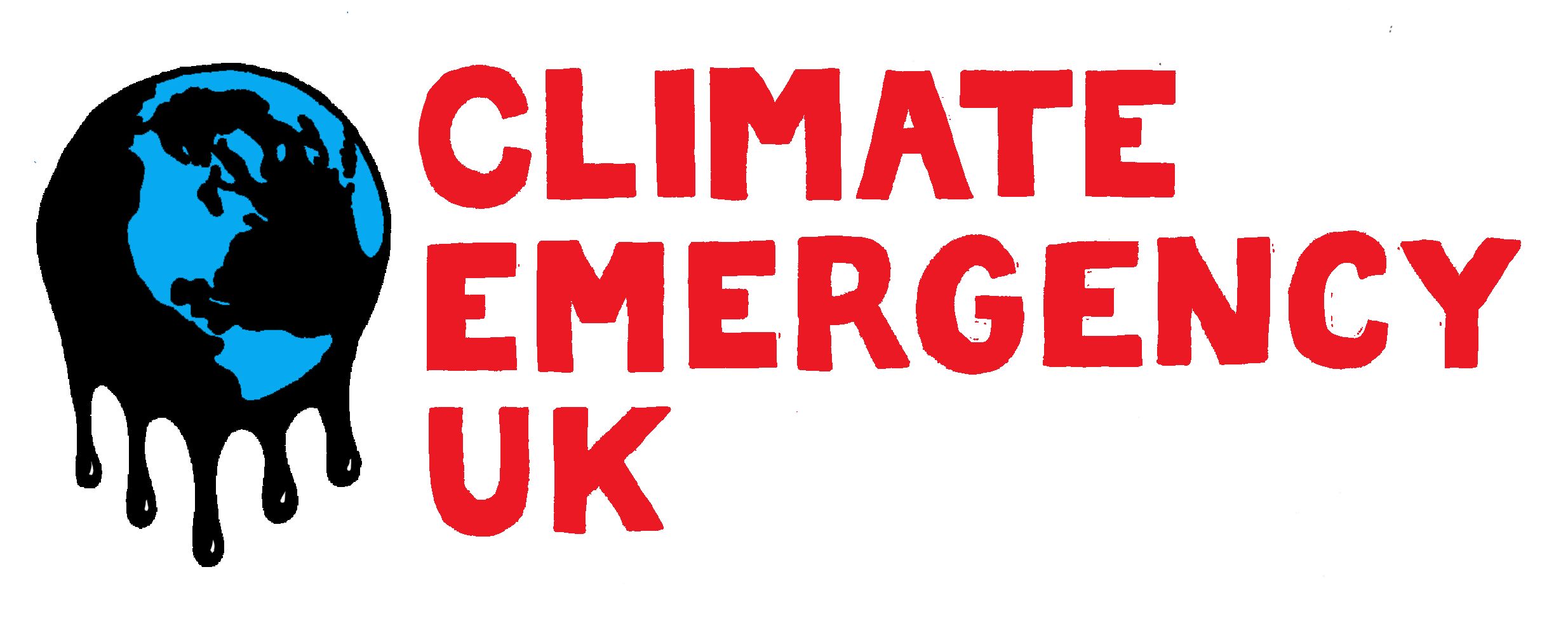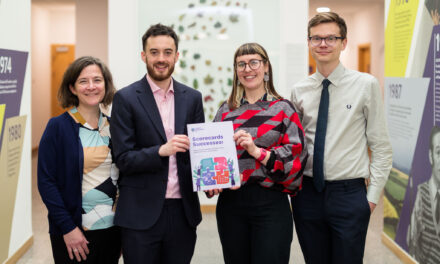Climate Emergency UK have published their methodology for scoring all UK councils on the action they are taking to reduce greenhouse gas emissions. The Council Climate Action Scorecards will be the first comprehensive measurement of councils’ climate action.
The methodology sets out the process Climate Emergency UK will use to score each council in 2023, based on publicly available information from councils and national data sets. There will be a three stage marking process, including a Right of Reply for all councils.
These Scorecards are a useful tool for campaigners and councils alike to better understand what climate action is possible from UK local authorities, and hold councils to account on their progress.
Climate Emergency UK is revealing the criteria on which councils will be scored. These criteria have been created through 9 months of research and consultation with over 80 organisations and individuals within the sector. They focus on the actions that councils have control or influence over, which have the biggest impact on carbon emissions and biodiversity loss. The 7 sections that the Scorecards cover are: Buildings & Heatings, Transport, Governance & Finance, Planning, Biodiversity, Collaboration & Engagement and Waste Reduction & Food, covering a total of 90 questions.
Those consulted include councillors, council officers, The Campaign to Protect Rural England, Anthesis, Campaign for Better Transport, Possible, Keep Britain Tidy and many more. An Advisory Group, with representatives from the sector including councillors, council officers, Ashden, mySociety and climate campaign groups met monthly to provide more in-depth comments on developing the Scorecards.
Hannah Jewell, Campaigns and Policy Officer at Climate Emergency UK said “Earlier this year we published our Climate Action Plan Scorecards, evaluating every councils’ plan for taking climate action. It is much more of a challenge to score what councils are actually doing, which is why we have put so much effort into developing this methodology and we’re excited to share it today.”
“We hope that publishing the methodology before we start marking will help to ensure that we score councils as accurately as possible. This gives councils some time to prepare, and make sure all those important documents and evidence of their climate action is publicly available for us to find”.
One of the members of the Advisory Board, Cllr Donna Stimson (Conservative), Climate Lead at Royal Borough of Windsor and Maidenhead Council, said “It’s been a real pleasure working with Climate Emergency UK on creating the Scorecards methodology. They have dived deep into the complexities of local government and the differences across the UK. This methodology is a really useful barometer of what climate action councils could be doing and this methodology will be a useful tool for climate action officers all around the country, even before the Scorecard results come out next year”.
Hannah Jewell added “As the international climate change conference, COP27 ended a few weeks back, it is clearer than ever that urgent climate action at all levels is needed. We believe that our Scorecards can support systemic change across UK councils, exemplifying what councils can do within current constraints that can have a real impact on their community’s carbon emissions”.
Climate Emergency UK will start scoring councils on their climate action in January, with the Scorecard results to be published in Autumn 2023.
End of press release
You can view the full methodology, including more information about how the Scorecards will be created, on the Scorecards methodology webpage.



